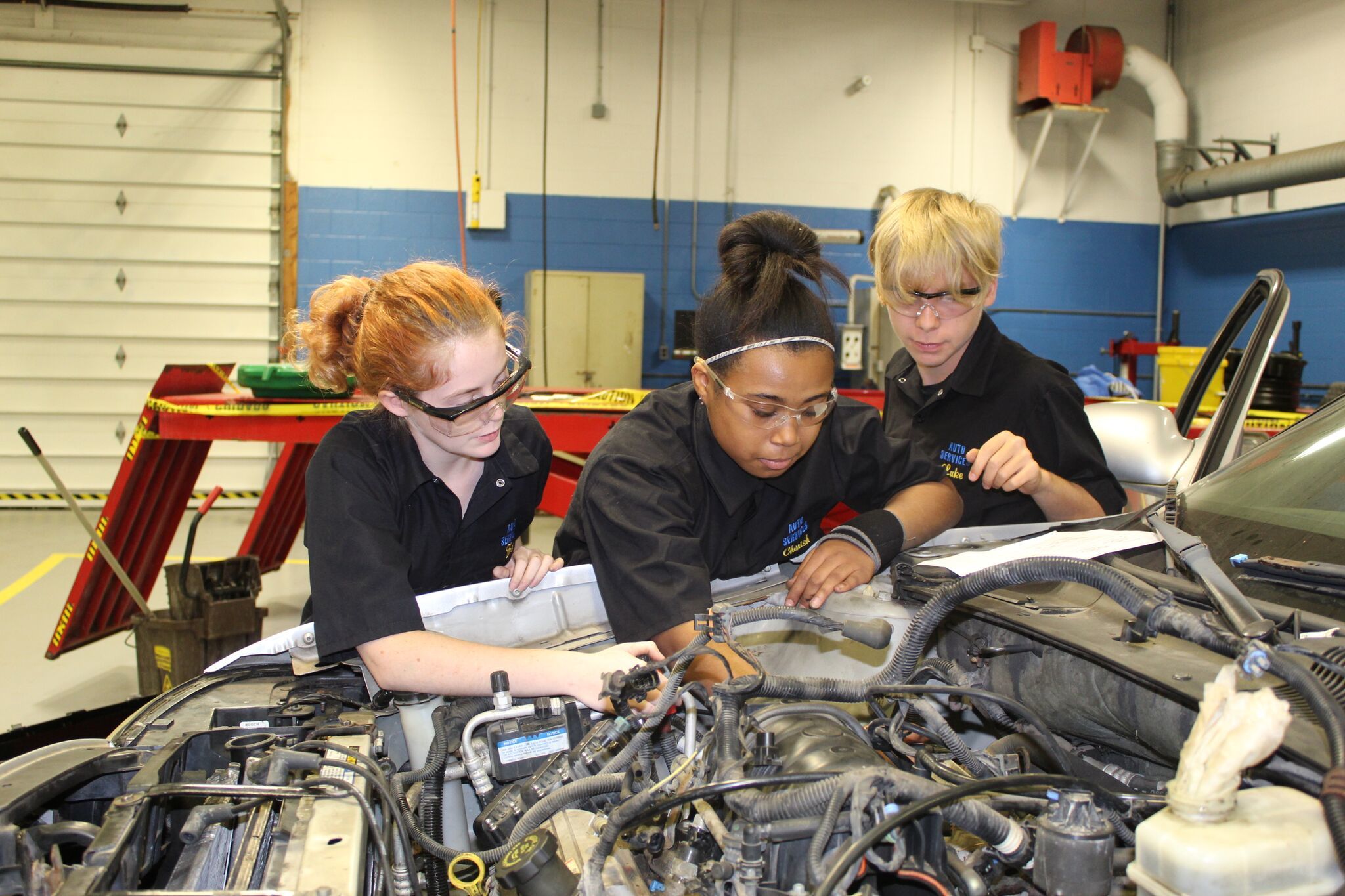All Categories
Featured

Your car's engine is the heart of your car, and maintaining it in top condition is necessary for optimum efficiency and longevity. Normal engine tune-ups are a wonderful method to preserve your auto's health, enhance gas effectiveness, and stay clear of costly repairs down the road. Whether you're a car enthusiast or someone who simply wishes to keep their vehicle running efficiently, these engine tune-up pointers will certainly help you obtain the most out of your car.
- Replace Flicker Plugs. Spark plugs play a vital duty in starting your engine and guaranteeing smooth burning. In time, ignition system can end up being dirty or broken, resulting in misfires, decreased gas performance, and rough idling.
Throughout an engine tune-up, check and replace your ignition system if required. A lot of cars call for new spark plugs every 30,000 to 100,000 miles, depending upon the type. On a regular basis replacing stimulate plugs guarantees proper ignition and ideal engine efficiency.
- Examine and Tidy the Air Filter. The air filter stops dust, dust, and particles from entering your engine. A stopped up or dirty air filter restricts air flow, creating your engine to function tougher and melt more gas.
Examine your air filter during a tune-up and change it if it's filthy. In messy atmospheres or locations with hefty pollution, you may require to transform the air filter more often. A clean air filter can enhance gas efficiency and prolong the life of your engine.
- Evaluate and Change Belts and Hose Pipes. Belts and pipes are essential for different engine functions, such as powering the generator, water pump, and a/c system. With time, these components can fracture, battle royal, or break, possibly leading to malfunctions.
Throughout a tune-up, check belts and pipes for indications of wear and replace them if needed. Replacing these components proactively can save you from costly fixings and prevent unexpected failings.
- Clean the Fuel System. Your fuel system, including the gas injectors and fuel lines, can accumulate dirt and carbon deposits with time, decreasing engine effectiveness. Cleaning up the fuel system throughout a tune-up aids boost efficiency and fuel economy.
You can utilize a fuel system cleaner or have an expert mechanic execute an extra complete cleansing. This step is specifically essential for older vehicles or automobiles that regularly drive in stop-and-go traffic.
- Inspect the Battery and Charging System. A healthy battery is vital for starting your engine and powering electric parts. During a tune-up, check the battery terminals for rust and make certain the connections are limited.
Inspect the battery's voltage and change it if it shows indications of weak point. In addition, have the alternator and billing system tested to ensure your battery stays billed during procedure.
- Change the Engine Oil and Oil Filter. Oil adjustments are an essential component of engine upkeep. Engine oil lubes relocating components, reduces rubbing, and helps control engine temperature level. With time, oil comes to be polluted and loses its effectiveness.
During a tune-up, change the engine oil and oil filter to keep your engine running smoothly. Follow your vehicle's maker recommendations for oil type and change periods.
- Examine the Air Conditioning System. The cooling system avoids your engine from overheating. Gradually, coolant can weaken or end up being infected, reducing its efficiency.
Examine the coolant level and problem during a tune-up, and flush and replace it if required. Examine the radiator, water pump, and hoses for leaks or damage. A properly maintained cooling system helps your engine run at the right temperature and protects against getting too hot.
- Evaluate the Ignition System. A defective ignition system can create starting issues and minimized engine performance. During a tune-up, examine the ignition coils, distributor cap, and blades (if relevant) Replace any parts that show indicators of wear or damages to make certain smooth and dependable engine procedure.
- Pay Attention for Unusual Sounds. During a tune-up, seize the day to listen for any uncommon engine noises, such as knocking, ticking, or hissing. These noises can show underlying concerns, such as valve troubles, loose elements, or exhaust leakages. Attending to these issues early can prevent much more comprehensive damage.
- Use Top Quality Parts and Fluids. When carrying out an engine tune-up, constantly use high-quality components and fluids that meet your automobile producer's specs. Low-cost or inaccurate elements can compromise your engine's performance and reliability.
Verdict: A Well-Tuned Engine is Trick to Durability. Normal engine tune-ups are essential for maintaining your cars and truck's performance, effectiveness, and reliability. By changing used components, cleansing crucial systems, and attending to potential problems, you can keep your engine running efficiently for years to find. Whether you're doing it yourself or counting on a relied on mechanic, purchasing tune-ups is a smart means to secure your automobile and enjoy a safer, smoother ride.
Latest Posts
Trusted Eye Center South - Local Eye Care Specialist: Local Experts for All Your Eye Needs.
South Eye Center - Trusted Eye Care Experts Nearby: Comprehensive Eye Exams & Treatments.
City Detroit's Bath Fitter: A Quick Fix for Weary Shower Rooms
More
Latest Posts
Trusted Eye Center South - Local Eye Care Specialist: Local Experts for All Your Eye Needs.
South Eye Center - Trusted Eye Care Experts Nearby: Comprehensive Eye Exams & Treatments.
City Detroit's Bath Fitter: A Quick Fix for Weary Shower Rooms
